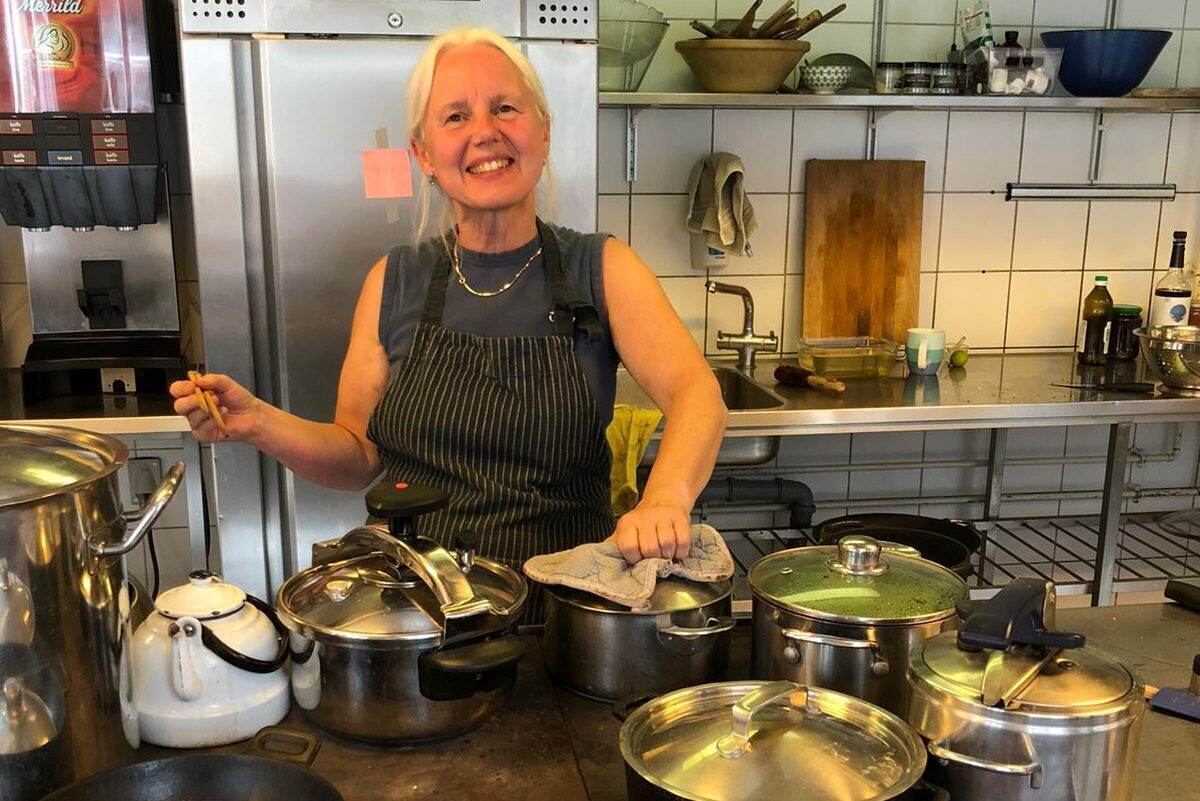The program
- Friday, January 19: 16.00 – 18.00 Arrival & 19:00 Getting to know each other
- Saturday, January 20: Introduction to permaculture – basics (part 1)
- Sunday, January 21: Introduction to permaculture – principles (part 2)
- Monday, January 22: Permaculture approach to water management
- Tuesday, January 23: Soil and Sustainable Food – Tree systems
- Wednesday, January 24: Excursion! Site Visit to see Permaculture Principles in Action
- Thursday, January 25: Social Permaculture and Group Works
- Friday, January 26: Day Off – Relaxation and personal time
- Saturday, January 27: Eco-building and Our Dream Home and Urban Permaculture
- Sunday, January 28: Putting it all together, Design Masterclass
- Monday, January 29: Get started with our Designs
- Tuesday – Thursday, January 30 – February 1: Group work: Creating designs in groups
- Friday, February 2: Day Off – Relaxation and personal time
- Saturday, February 3: Presentation of our designs
- Sunday, February 4: Next steps. Ends at 2 PM.
*If you want to join only part of the course, we recommend participating in the first-weekend “Introduction to Permaculture”. Here Charlotte will give important basics, which can help you understand the other parts of the course much better.
What is permaculture?
Permaculture teaches us how to build natural homes, grow our own food, regenerate soil, restore diminished landscapes and ecosystems, catch rainwater, build communities, take care of waste, and much more. The word ‘permaculture’ originated from ‘permanent agriculture’ and has evolved into ‘permanent culture’. It is about living lightly on the planet and providing for human needs while improving the health of the natural ecosystems. Permaculture is a rigorous and systematic set of design tools, ecological principles, and methodologies, underpinned by the ethics: Earth Care, People Care, and Fair Share (Future Care).
PDC Course Syllabus
In the course, we will look at a wide range of themes for a sustainable lifestyle and sustainable communities, so there will be a lot of information and theory – but you will also create your own permaculture design, so you will be able to design for yourself and others when you go home.
The course will cover the following topics:
- Principles of Natural Systems
- Permaculture Design: Tools, and Techniques
- Sustainable Design Methodologies
- Patterns in Nature
- Soil Food Web and Understanding Soil
- Water Harvesting and Storage
- Natural Building Design Strategies
- Trees Systems, Agroforestry, and Food Forests
- Plant Guilds and Growing Our Own Food
- Sustainable Lifestyle and Food Choices
- Energy, Conservation, and Cycling
- Urban Permaculture
- Community Activism
- Invisible Structures: People, Community, Economics, Ecovillages
- Alternative Economic Models
- Excursions to established permaculture projects.
Teachers
Charlotte Lou Langdon (lead instructor) has been teaching workshops and courses in Permaculture design, self-sufficiency, and personal sustainability since 2016. Starting her journey with permaculture, Lou was the youngest person on her PDC course. Her diploma pathway lasted more than 10 years. She took part in courses, workshops, and job shadowing with experts in their fields, such as Martin Crawford, Caroline Aitken, Aranya, Starhawk, Graham Bell, and Rakesh Rootsman Rak to name a few.
Lou ended up settling in Denmark in her twenties, where she worked for the Danish Permaculture Association, writing their newsletter, organizing events, and helping members with their questions and queries. She completed her diploma in 2022 and is still an avid designer, right now building her own home from natural materials, one of her most recent designs.
She now works full-time as a viticulturist (wine grower) and wine-maker, managing 2 hectares of organic vineyards on the small island of Fejø. At Hideaway Lou is an integral part of the small business which includes its own production facilities and a small restaurant, serving dishes made with local produce. Hideaway’s wines are some of the best in Denmark, and can even be found in a Michelin-starred restaurant in Copenhagen. She was a very popular lead instructor of the PDC in Avnø Højskole held in the spring of 2023.
Assisting teacher(s) will soon be added.
Venue
The venue belongs to the aspiring ecovillage, Avnø Oasis, which is growing in 3 directions: a co-housing community, green enterprises, and Avnø Højskole with a focus on health, life skills, sustainability & regenerative economy. The next-door neighbor is Avnø Naturcenter. The whole area around the ecovillage is protected. This is a phenomenal environment to learn about design and practice sustainable living.
Food, Accommodation, and Facilities
To create a deeper sense of community, throughout the course, everybody will participate in practical chores such as cooking, dishwashing, and keeping our space neat and clean.
Avnø Højskole supports a healthy and stimulant-free life, therefore sugar and coffee are not served. (Feel free to bring your own if you need it). The meals offered consist of organic whole grains, beans, seeds & local vegetables, complemented with smaller amounts of fruits, nuts, seaweeds, optionally fish & eggs, herbal teas, and grain coffee — all prepared using macrobiotic principles. Avnø Højskole also has a small shop where you can buy healthy snacks.
Language
All the classes will be offered in English. A Danish translation is available upon request.
Contact
If you have any questions, feel welcome to contact us. Also if you want a combination that is not mentioned 🙂
Course Content
Charlotte Lou Langdon
Email: lou.182@hotmail.com
Mobile/Whatsapp: +45 50385112
Accommodation, booking, payment, directions, etc.
Avnø Højskole +45 45571500
Avnø Oasis Ecovillage: Facebook & Instagram
Email: hojskole@avno-oasis.dk
Mobile/Whatsapp/Telegram: Kristiane Ravn Frost +45 28604859











